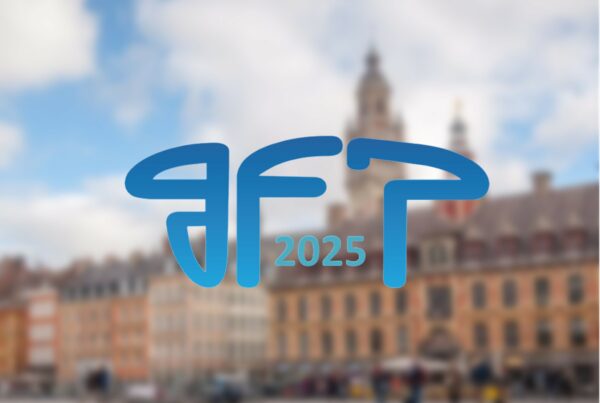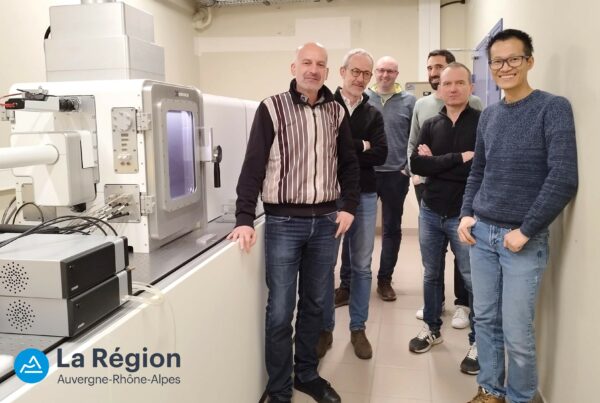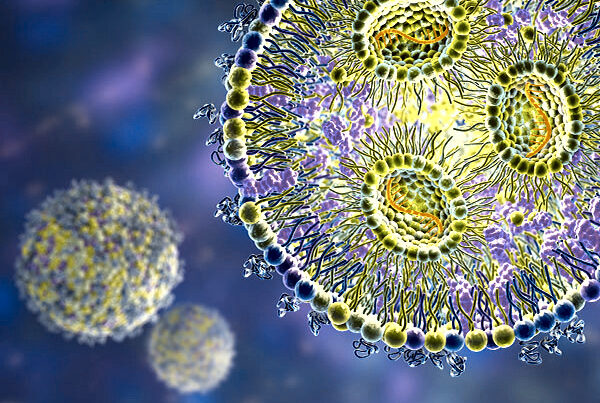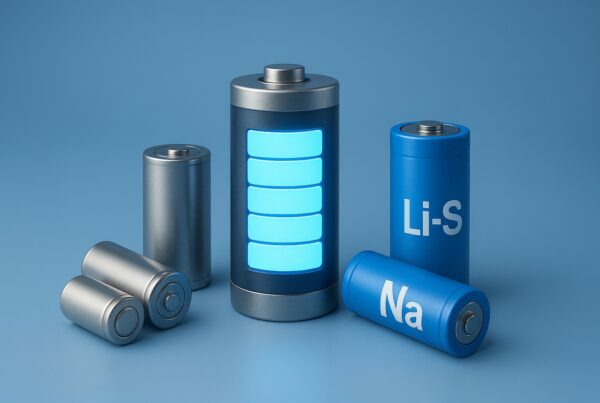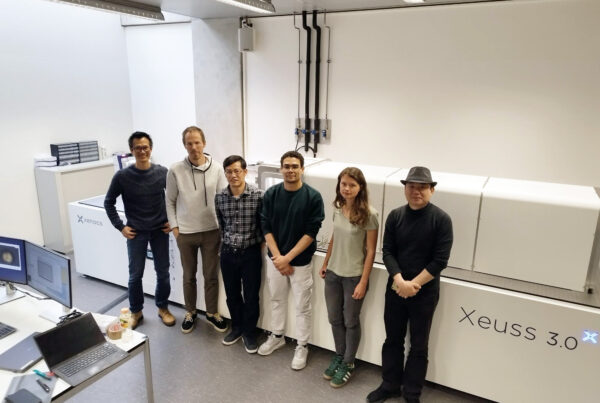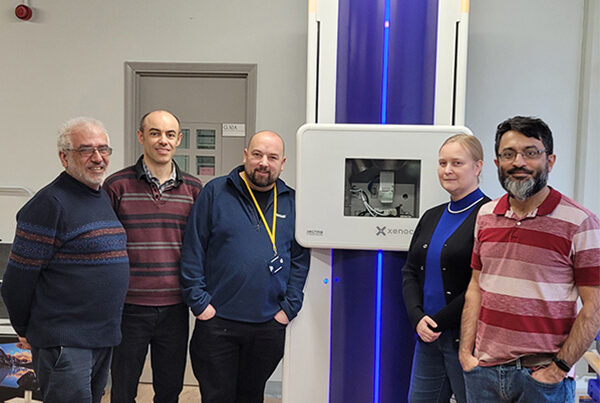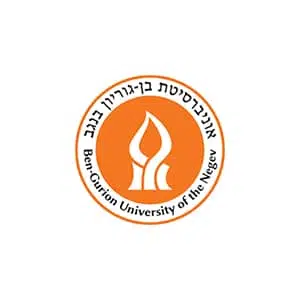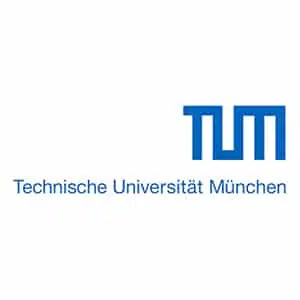X-ray beam delivery system
The combination of an innovative design and the FOX3D single reflection optics makes the GeniX3D a unique solution on the market.
Sealed tube micro sources are becoming a standard in x-ray analytical equipments as they provide high useful flux in a low cost of ownership, eco friendly package. Based on this technology, Xenocs has developed a high performance x-ray beam delivery system: the GeniX3D.
The combination of an innovative design and the FOX3D single reflection optics makes the GeniX3D a unique solution on the market. The GeniX3D stands out for its beam intensity, definition and stability, its ease of integration and reliability.
The GeniX3D comes in different energies and beam geometry to cover a large range of applications.
Thanks to its unique performance, ergonomics and reliability, the GeniX3D has become the reference among the leading Original Equipment Manufacturers of X-ray analytical equipments.
